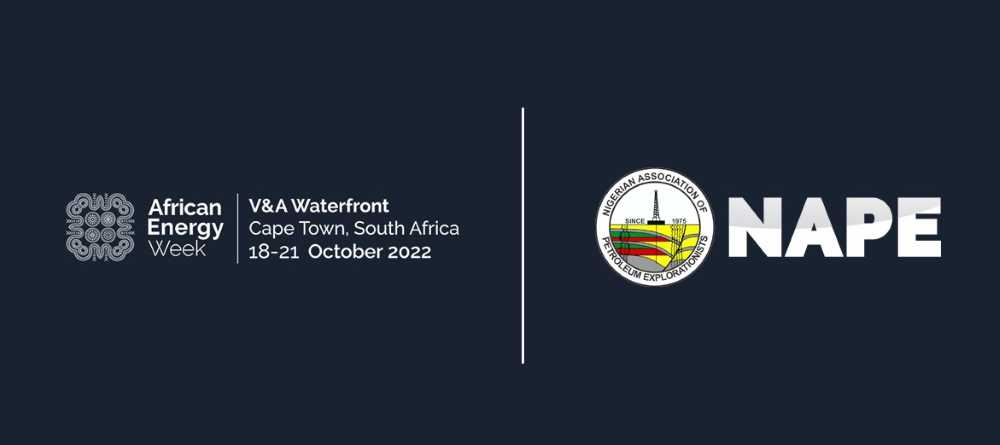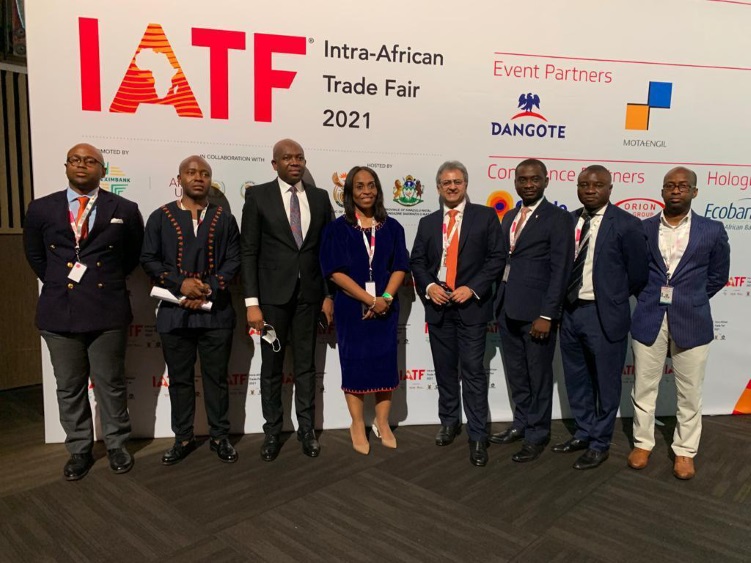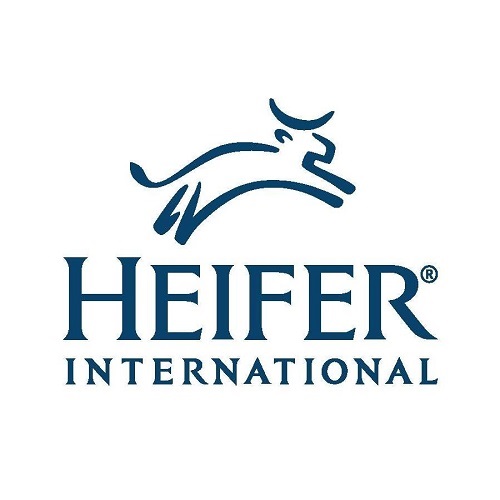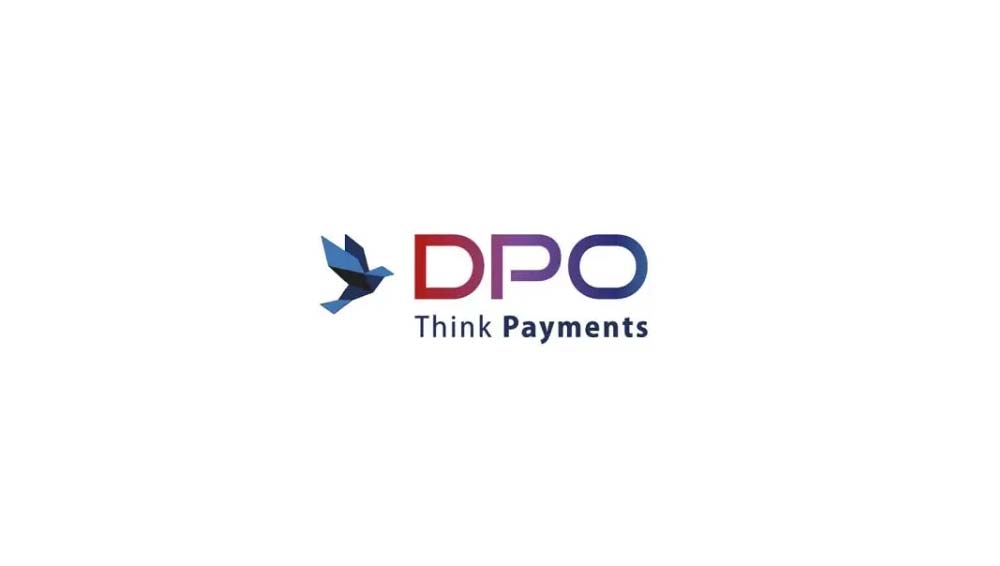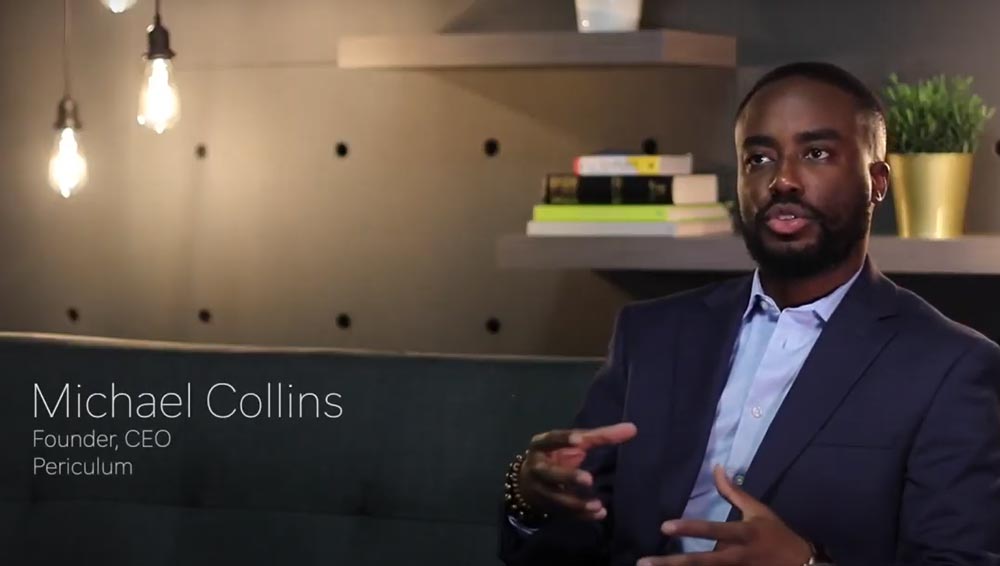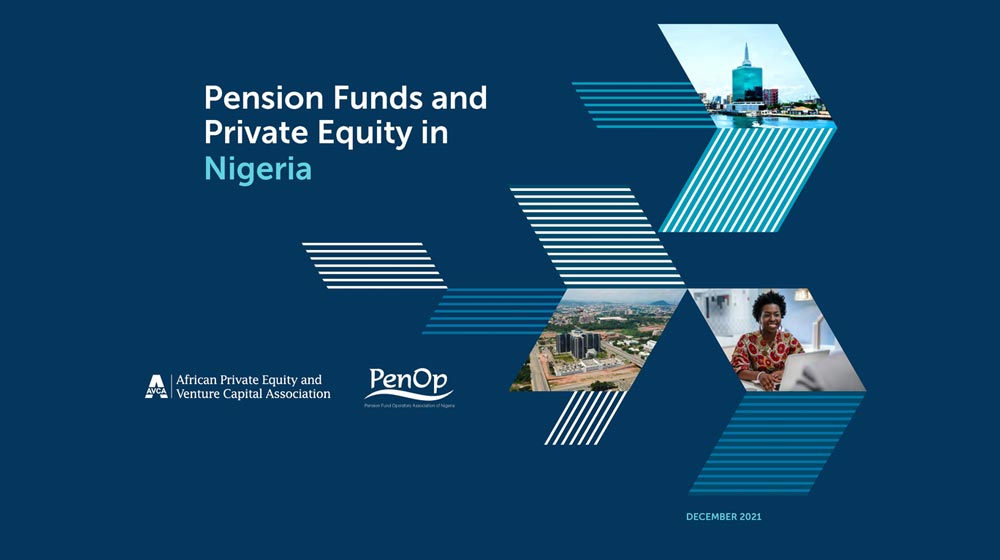Marginal field development has also allowed indigenous companies to step out from oil majors’ shadow and thrive
JOHANNESBURG, South Africa, December 13, 2021/ — By NJ Ayuk, Chairman, African Energy Chamber
Nigerian energy-industry leaders have been reminiscing lately about the country’s earliest efforts to develop marginal oil and gas fields. That’s because after nearly two decades, Nigeria recently stepped up its marginal-field development efforts, a wise move that I hope other countries will follow.
Marginal oil and gas fields are sites with reported reserves and production potential that have been left unattended for at least 10 years from the date of their discovery. In most cases, these fields are sites where international oil companies (IOCs) discovered oil or gas deposits and received the rights to move forward with production–but then, for any number of reasons, decided against further activity. In the 1990s, Nigeria began wondering if the IOCs’ losses in these cases could be turned around to generate revenue for government coffers — and opportunities for local oil and gas companies. In 2003, after devoting significant time to relevant policy development, Nigeria launched bidding for the rights to develop 24 marginal fields. Marginal field licenses went to 31 indigenous companies.
Some will point to the fact that only 13 of the awarded fields are now producing and argue that the effort fell short of expectations. They’ll cite technological limitations that impeded indigenous companies’ effectiveness.
While those setbacks did occur, Nigeria’s decision to develop marginal fields produced plenty of benefits, too. As I wrote in my book, “Billions at Play: The Future of African Energy and Doing Deals,” the bidding round gave more than 30 local companies an opportunity to establish themselves and develop their capacities as upstream operators. And, it allowed them to do so without assuming the risks (or the costs) of exploration, since all of the fields designated as marginal were confirmed discoveries.
What’s more, the producing fields have been generating revenue, about 2% of total daily production in Nigeria. And as more marginal fields are developed, they will increase Nigeria’s domestic production capacity even more.
That’s why I was pleased to see Nigeria launch another marginal field bidding round in 2020. In some ways, this latest bidding round is even more important than the first. African oil- and gas-producing countries are still reeling from COVID-19 and dealing with mounting global pressure to transition away from fossil fuels. And they’re facing these obstacles at a time when they still need their oil and gas industries to generate revenue, to help ease energy poverty, and to help stimulate economic growth and diversification.
The challenges facing our energy sector, and the vital importance of fighting to keep it alive and well, are addressed in depth in the African Energy Chamber’s recently released report, The State of African Energy 2022, now available on energychamber.org. The report also explores the opportunities available to African oil- and gas-producing states — including marginal oil and gas field development.
While there are no easy fixes for Africa’s energy industry challenges, developing marginal fields is a valuable strategy that can yield tangible benefits for the countries that embrace it. And the time to embrace it is now.
COVID-19’s Lingering Symptoms
Around the globe, the COVID-19 pandemic has spread its nasty tentacles into nearly every aspect of our existence. Not only has it been wiping out lives, but the pandemic has also been crushing economies and exacerbating poverty in developing countries. The pandemic’s economic devastation has been particularly acute in sub-Saharan Africa: The region’s economy is projected to grow by only 3.7% this year. This is the slowest pace of growth in the world, according to the International Monetary Fund (IMF), which attributes sub-Saharan Africa’s lagging growth to slow vaccine rollouts and policy differences.
For Africa, where so many countries rely on oil and gas exports for revenue, COVID-19’s impact on our energy sector remains a major concern. In 2020, lockdowns set off a chain reaction of reduced demand for oil, plunging prices, and a long list of canceled and postponed oil and gas projects. As of late 2021, IOCs’ capital expenditures in Africa have yet to reach pre-pandemic levels.
Now add to the equation climate concerns and the immense pressure IOCs are facing to stop investing in African oil and gas projects.
“COVID-19 and the subsequent disruption to global markets is estimated to have wiped out close to US150 billion of exploration and development expenditure from Africa between 2020 to 2025,” the Chamber’s energy outlook states. “Over the last 12 – 15 months, more companies and especially majors have announced strategic revisions with increased focus on the energy transition, cutting down their carbon emissions and in doing so, reduce respective upstream expenditure going forward. While 2021 is expected to see marginally higher upstream investment totaling just over US33 billion in Africa, the estimated drop in African upstream expenditure over the years 2022 – 2025 is close to US34 billion when compared to the estimates from year-end 2020.”
What does that mean? African states must do everything within their power to breathe life into their oil and gas industries — immediately.
Marginal Fields Have Proven Benefits
That brings us back to Nigeria — and the promise marginal fields hold for the African continent.
As I’ve said, I’m convinced earlier bidding rounds have already produced significant benefits for Nigeria. Look at the infrastructure that local marginal players were able to build, like the 48-kilometer pipeline from Egbeoma to Kwale owned by Platform Petroleum Limited and Newcross Petroleum.
Marginal field development has also allowed indigenous companies to step out from oil majors’ shadow and thrive. Strong Nigerian operators like AMNI Petroleum, Shoreline Energy, Aiteo, Neconde Energy, Waltersmith Petroman, Yinka Folawiyo Petroleum Company, Eroton, Amni International, Seplat Petroleum, Atlas Petroleum, FIRST E&P, Sahara, Belema Oil and many others can attribute their successes, at least in part, to their marginal field experiences.
It’s also worth mentioning that several Nigerian marginal fields were recognized under the UN Clean Development Mechanism for successfully reducing gas flaring and valorization of natural gas.
During Nigeria’s latest marginal field bidding round, 591 companies applied to develop 57 oil fields, according to Sarki Auwalu, Head of the Department of Petroleum Resources. Ultimately, Nigeria awarded oilfield development rights to 50% of the 161 companies that were shortlisted after demonstrating that they met all conditions for approval. As of March 2021, Nigeria expected the awards to provide $600 million in income. In today’s challenging environment, that’s a notable accomplishment.
Also working in Nigeria’s favor is the recently passed Petroleum Industry Act (PIA) a legislation designed to bolster the country’s energy industry. The market-driven PIA incentivizes global investments in Nigerian oil and gas projects by promoting greater government transparency, eliminating red tape, and revamping tax and royalty requirements. It also specifically addresses marginal field development: For example, the PIA makes provisions for marginal fields operators to receive a specific type of license, and it closes gaps in existing law regarding the legal status of marginal fields.
Together, the PIB and marginal-field development represent a real chance for Nigeria’s energy industry to get back on its feet and better meet pressing domestic needs, from providing more Nigerians with reliable electricity to generating the revenue necessary to grow and diversify the economy.
And, marginal field development is not limited to Nigeria. Successes there have led additional African-producing states, including Angola, Congo-Brazzaville, South Sudan, and Gabon, to follow suit. I encourage others to do the same. If you’re an African leader today, every decision, every move you make with the potential to impact your energy industry, has to count. It only makes sense to embrace tactics with proven benefits — and marginal field development definitely falls into that category.
Distributed by APO Group on behalf of African Energy Chamber.



